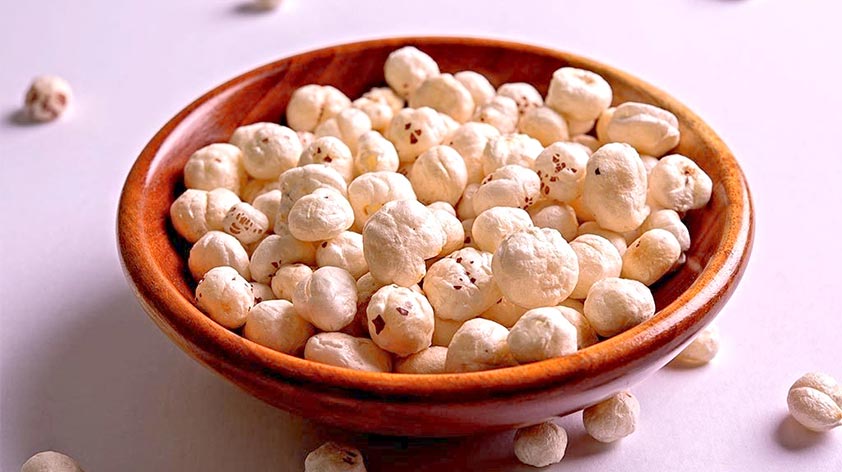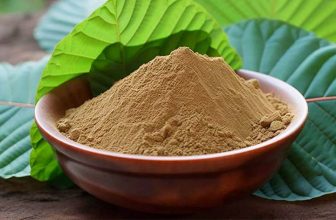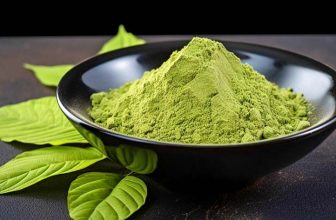
Lotus seeds or lotus nuts come from the Nelumbo nucifera, a herbaceous perennial species of plant. They are also known as ‘makhana’ in India. Lotus flowers, roots and seeds have been held in high regard in the cultures of India, China and Japan for centuries. Its seeds are used in Asian cuisine and traditional medicine and are naturally endowed with protein, B vitamins, and other dietary goodies. Curious to know more? Then read on for these Top 5 Health Benefits of Lotus Seeds!
1. Lotus seeds provide energy
Lotus seeds contains magnesium. Magnesium improves the blood, oxygen and the flow of other nutrients and is often an element that is lacking in many people’s diets. They are also classed in the ‘superfood’ category and contain iron which helps with metabolism, and healthy formation of red blood cells, haemoglobin, and normal function of the immune system. This, in turn, prevents fatigue.
2. Helpful for diabetics
They are rich in good carbohydrates and proteins. As it is a low-glycaemic food, these seeds can also help manage your blood sugar levels. Also, its high magnesium content makes it beneficial for those suffering from diabetes and obesity. They also contain a good amount of fibre and protein.
3. May help boost performance in the bedroom!
Ayurvedic and Unani medicine believe them to have aphrodisiac properties. Due to their high level of zinc, may help to boost sexual health. Lotus seeds are an excellent heart tonic and have long been recommended in Ayurvedic medicine for both men and women.
4. Lotus seeds contain anti-ageing properties
They contain powerful antioxidants that slow down the process of ageing (they contain L-isoaspartyl methyltransferase which repairs body proteins). In addition, the lotus plant can help improve skin texture and complexion. The seed are now widely available in many health food stores to buy as a snack and are eaten like crisps, thus making it even easier to augment your beauty routine from the inside out!
5. Lotus seeds aid in lowering blood pressure
These seeds also help to dilate arteries and blood vessels which lower blood pressure and have a role to play in allaying heart disease. They appear to thin the blood to some extent allowing it to travel comfortably within the blood vessels and can also aid in the lessening of palpitations and irritability.









